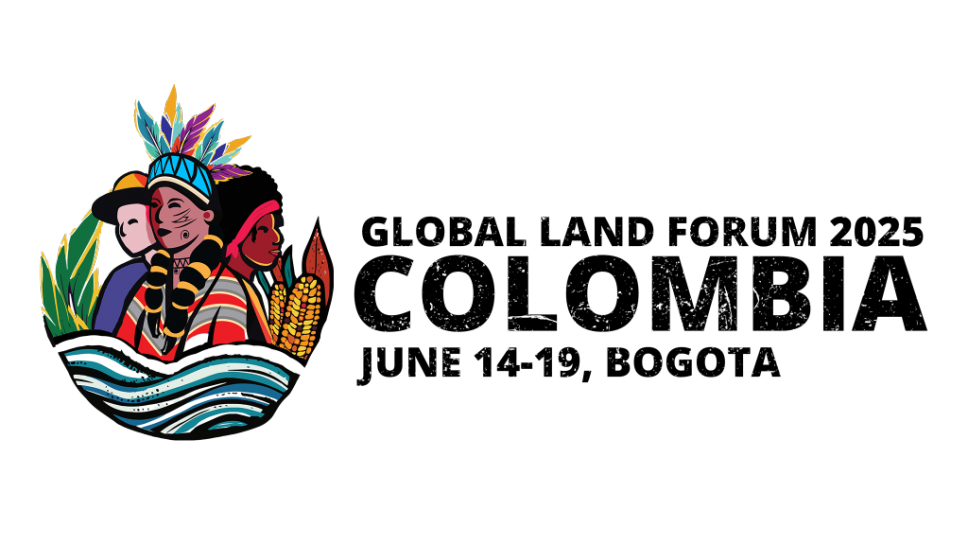In Colombia, the intersection between the environment and food crises, land and territorial rights, peacebuilding and the energy transition is at the core of many organisations´ advocacy and rights work.
With its privileged location in the tropics and 41.8% of its territory in the Amazon, Colombia is the second most biodiverse country in the world. Its fertile lands, water sources, and minerals are extremely attractive to multinational companies. More and more, these companies are encroaching on the territories of Indigenous Peoples, afro-descendants and peasants, who have a profound historical connection to their land. Indigenous Peoples represent 4.4 percent of the population, speaking 69 languages, while 10.2 million people over 15 years of age recognise themselves as peasants and constitute 26% of the population and afro-descendants 10 percent.
In defending land, territorial and environmental rights, the leaders of indigenous, peasant and afro-descendant organisations are often victims of persecution, harassment, and attacks. In fact, Colombia is considered one of the most dangerous countries in the world for human rights defenders. In 2023, 181 activists and human rights defenders were murdered.
The country also has the highest concentration of land ownership in Latin America and one of the highest in the world, with farms of more than 500 hectares – only 0.4% of all farms – occupying 67.6% of productive land. This extreme inequality and unresolved land issues are two of the factors that contribute to the internal armed conflict which has plagued the country for more than sixty years.
The current national government, which began its mandate in August 2022 and will remain in office until 2026, offers hope for transformation. It has established a four year plan entitled “Colombia, potencia mundial de la vida – Colombia, world power of life”, with priorities including access to water, agrarian reform, food sovereignty, guarantee women’s rights, the rights of Indigenous Peoples and black, Afro-descendant, Raizal and Palenquero communities, energy transition, and managing the climate crisis.
Event description based directly on original source.
PAST EVENT
Global Land Forum 2025
Main Organiser
International Land Coalition
Conference Partners
European Union
Cinep
pragrama par la paz
Other Events
 View all Events
View all Events

